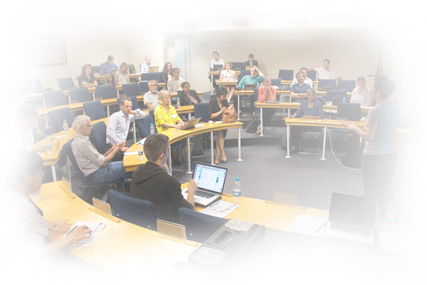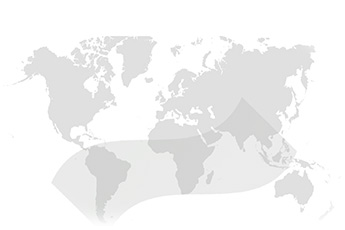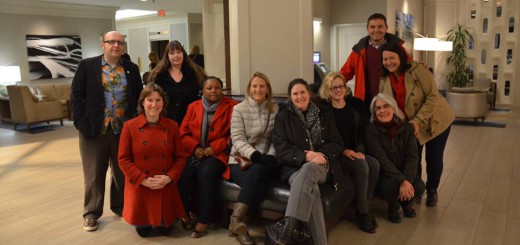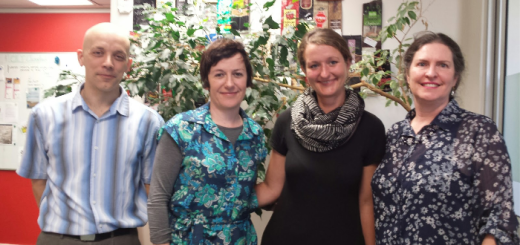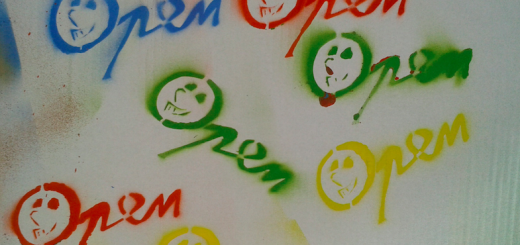Associate Professor Laura Czerniewicz describes and reflects how our hosting institution, the University of Cape Town, has developed and embedded an open access policy. In this blog post, originally published on UCT’s Open Content – which is a home for UCT’s OER output – has both influenced and been enabled by symbolic commitments from the university’s senior management.
__________
Engagement with open education and open scholarship has been happening at UCT in an organic way for a long time, as staff and students have been making their scholarship and their teaching and learning resources available freely online for many years. This has happened across the disciplines, with many individuals springing to mind: in Health Sciences – directory has provided a home for open education resources since 2010.
During this time, the university’s senior echelons have made important symbolic commitments to the open agenda. In 2008 a Deputy Vice Chancellor signed the Berlin Declaration which seeks to “to realize the vision of a global and accessible representation of knowledge [where] the future Web has to be sustainable, interactive, and transparent.”
 Image: UCT’s Vice Chancellor, Dr Max Price, signs the Berlin Declaration.
Image: UCT’s Vice Chancellor, Dr Max Price, signs the Berlin Declaration.
In 2014 two events mark the culmination of this organic era of change and growth: the approval by UCT Council of an open access policy and the commitment of UCT Libraries to being the home for open online content going forward. Many project activities are becoming mainstreamed into existing and new positions in the Library which has made explicit its support for both research and teaching resources. The Centre for Innovation in Teaching and Learning.
The policy foundation for an ongoing emphasis on open education resources is evident in the new open access policy which notes
“The widespread availability of open education resources, open content, open courses etc. from the global north is both an opportunity and a concern as there is an equally urgent need for local teaching and learning resources to be made freely available online.”
Scholarship is understood to take multiple forms which cross research, teaching and learning. UCT encourages that all of these be made available, and will provide enabling conditions for the stewardship, preservation and discoverability of this content.
“The University encourages Employees and Students to make all forms of works of scholarship available … This includes (but is not limited to) essays, books, conference papers, reports (where permitted by a funder of the research leading to the report), educational resources, presentations, scholarly multi-media material, audio-visual works and digital representations of pictorial and graphical materials.”
In addition, the policy requires UCT authors to deposit journal articles (or formally explain why they can not do so) and students will have had to deposit the final versions of their theses and dissertations in order to graduate.
Policies are only as good as their implementation in practice (and too often they are meaningless or suffer empty compliance). With years of project-based activities, research-informed practice and individuals quietly doing good work as a basis for the future, UCT is an ideal position to meaningfully implement the excellent intentions and activities of its new open access policy. Good luck to us all!
Originally posted by Laura Czerniewicz on her blog on 18 June 2014.
